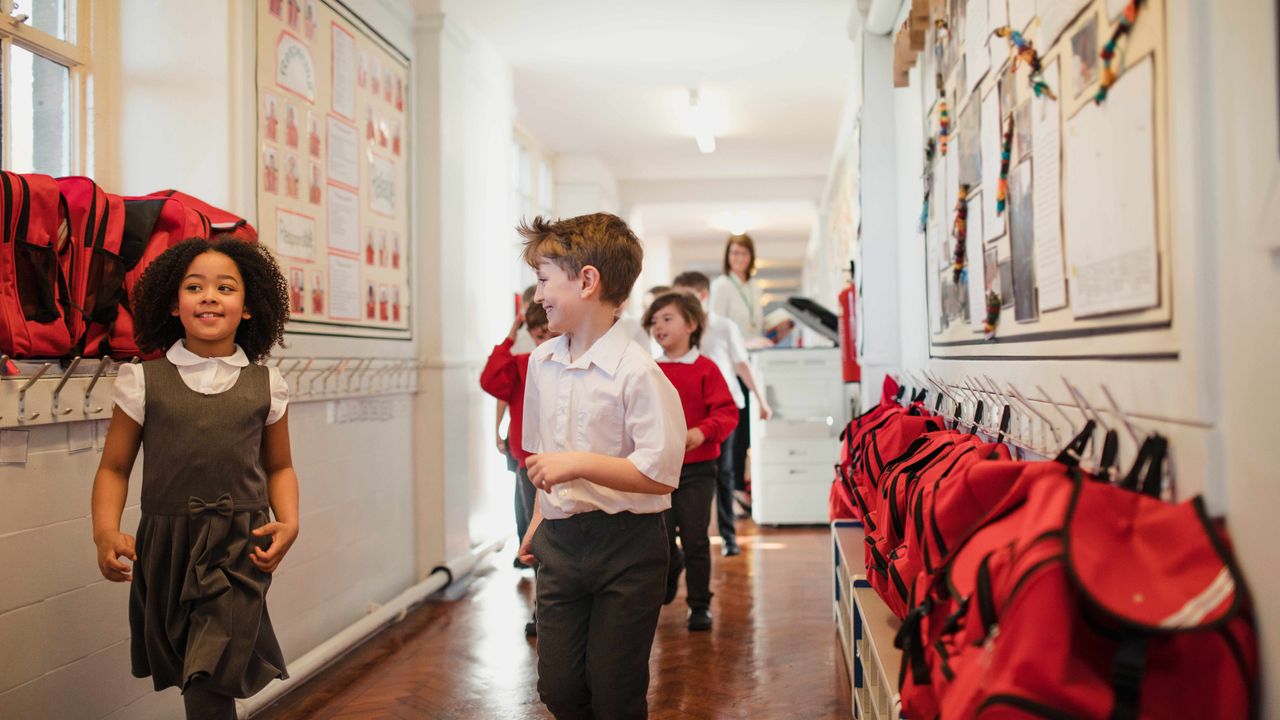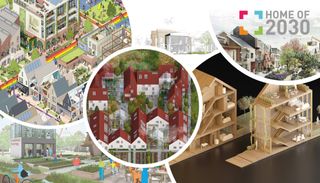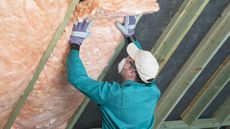

This week's energy news round-up opens with a report that UK households could save £11 million per week on their energy bills when children return to school next week. There's also a handy collection of energy saving tips that could save you hundreds of pounds per year; ventilation warnings around new energy-efficiency measures; and a lot more.
Don't forget: if you're worried about your energy bills, the easiest way to reduce them is to run an energy comparison to find the best energy deals in your area.
Energy bills to drop dramatically when children return to school
Families could save more than £11 million a week, collectively, on their energy bills when their children return to school next week. That's according to new research from comparison service Uswitch.
When children return to school, they'll be out of the house for up to eight hours per day. Uswitch says the largest savings will come from a reduction in cooking, watching television and using the dishwasher, representing a saving of around £104 per year per household.
Uswitch has also published a guide for families on how they can use less energy around the home thereby saving money on energy bills.
- Read more: Uswitch
British Gas to pay £1.48m after top-up meter chaos
British Gas has paid £1.48 million in compensation to around 270,000 pre-payment customers, after the company failed to notify them properly of a switch to a new energy provider. The mistake left some households without gas and electricity earlier in the year when it was most needed.
- Read more: Ofgem
Six finalists shortlisted for UK’s greenest home competition

Six teams of architects and engineers are competing to deliver the UK’s greenest home in the Home of 2030 initiative, which aims to develop low-carbon housing and help the UK achieve its 2050 net zero target.
Sign up to the T3 newsletter for smarter living straight to your inbox
Get all the latest news, reviews, deals and buying guides on gorgeous tech, home and active products from the T3 experts
£40,000 of funding has been awarded to each of the six finalists to help them produce detailed plans. Among the designs is a home constructed from 98 per cent organic biomass material, timber and straw.
- Read more: Energy Live News
New list of handy energy saving tips published
Sofa and carpet specialist ScS has partnered with Holly Herbert from webuyanyhouse.co.uk to publish a list of handy tips to help householders save energy.
The list includes measures such as moving the sofa away from radiators, switching off heating in empty rooms, leaving blinds and curtains open for longer, and replacing regular light bulbs with LEDs. The recommendations could save billpayers hundreds of pounds every year.
- Read more: Daily Mirror
Energy efficiency improvements risk being undermined by poor air quality
BEAMA, the UK trade association for manufacturers and providers of energy-infrastructure technologies and systems, has warned that ventilation improvements will be vital to the success of the Government’s Green Homes Grant Scheme.
We spend around 90 per cent of our time indoors. However indoor air can contain up to 900 potentially dangerous chemicals, particles and biological materials. Colin Timmins, director of member services at BEAMA, said that a lack of funding might mean benefits from insulation retrofits will not be matched by improved ventilation measures.
A report published in January 2020 by the Royal College of Physicians, and the Royal College of Paediatrics and Child Health, specifically identified that improved insulation needed to be matched with adequate ventilation to prevent the build-up of pollutants in the home.
- Read more: Air Quality News
Scientists print solar cells onto surfaces
Researchers from King Abdullah University of Science and Technology in Saudi Arabia have printed ultrathin solar cells onto glass using an inkjet printer. This means they can potentially be integrated into an ‘electric skin’ on devices ranging from robots to drones to sensors, instead of them having to use bulky batteries.
“The tremendous developments in electronic skin for robots, sensors for flying devices and biosensors to detect illness are all limited in terms of energy sources,” said postdoctoral researcher Eloïse Bihar, who led the study.
“Rather than bulky batteries or a connection to an electrical grid, we thought of using lightweight, ultrathin organic solar cells to harvest energy from light, whether indoors or outdoors.”
- Read more: Engineering and Technology (E&T)
Find the best energy deal for your home
We've partnered with MoneySupermarket to help you find the best energy deals in your area. Our energy comparison tool takes less than five minutes to use, and could save you hundreds on your energy bills. Save money now
Robin is a freelance journalist specialising in renewable energy, environmental issues, climate change and transport. He's written for Renewable Energy Magazine for almost a decade, covering all sub-sectors of the global renewable industry - from onshore and offshore wind, solar PV and solar thermal energy, to biomass, anaerobic digestion (AD), geothermal, energy efficiency and smart technology, electric vehicles and hybrids, and much more.



